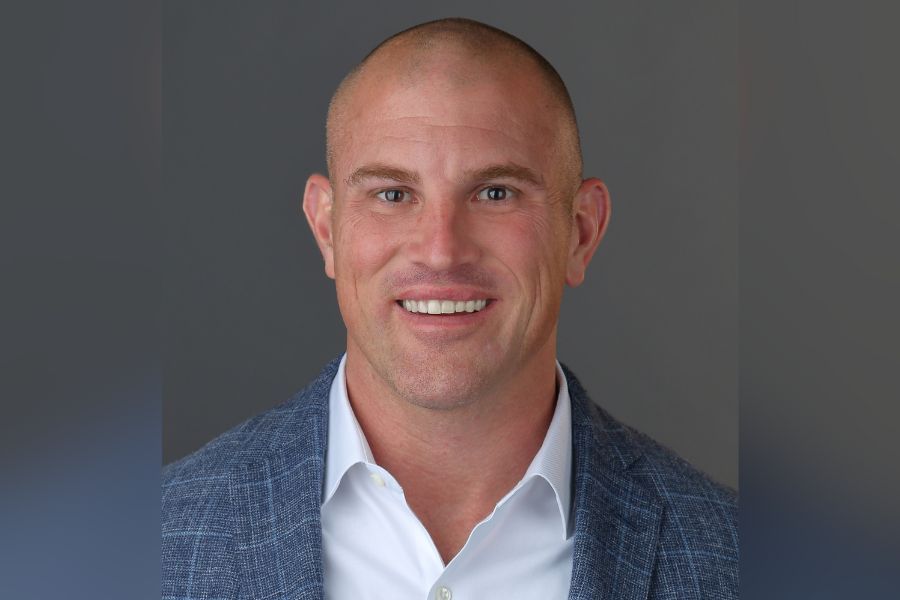SEC to use outside auditors to confirm advisory firm records
Securities and Exchange Commission examiners will turn to outside auditors and other third parties to help verify records at investment advisory and broker-dealer firms, an agency official said today at the first “CCOutreach” conference for advisers, brokers and mutual fund professionals.
Securities and Exchange Commission examiners will turn to outside auditors and other third parties to help verify records at investment advisory and broker-dealer firms, an agency official said today at the first “CCOutreach” conference for advisers, brokers and mutual fund professionals.
“While you find that the SEC examiners are thoroughly reviewing the books and records of your firm, they will also be going to third parties for verification of those records,” especially when it comes to confirming asset levels, Mary Ann Gadziala, associate director of the SEC’s Office of Compliance Inspections and Examinations, told about 475 industry officials attending today’s conference in Washington.
Examiners may also send “routine account information confirmation” letters to firms’ clients to verify balances, deposits and withdrawals from their accounts. The letters will declare that they are not an indication of irregularities at the firms, she said.
These examiners will not tell which of an adviser’s clients they may contact to verify assets, said Tom Piccone, assistant director of the SEC’s Denver regional office, said during a separate conference session.
The SEC must approach firms with “professional skepticism,” he said. “We can’t know in advance which advisers are going to be the advisers that have problems,” he said. “At the end of the day we’re not paying a social call. We’re there to do an examination. If there are problems it’s our purpose to find them,” he said.
Many advisers are concerned that if SEC officials contact their clients to verify assets, those customers will fear there are problems at the firm. But at firms where there are improper activities, officials could circumvent SEC exams if they were informed which clients are going to be contacted, Mr. Piccone said.
SEC officials are careful to inform firm clients of the purpose of the call, and that clients “should not derive anything negative from the fact that we are calling them,” said Dawn Blankenship, assistant director of the New York regional office.
Fraud detection and asset verification are two areas that have been a priority for the SEC’s examination program for both broker-dealers and investment advisers, Ms. Gadziala said. The regulator is revising its examination module to guide examiners in identifying factors that may indicate incentives or opportunities to commit financial fraud.
SEC examiners will be looking for a number of red flags, she said, including:
‹ A lack of separation of duties at a firm.
‹A dominant control person.
‹ Self-custody or the use of affiliates for custody.
‹ Secrecy or failing to produce documents.
‹Lack of an independent audit or an audit by an obscure firm.
‹Dire financial conditions at the firm.
‹ Lavish lifestyles of the firm’s principals.
‹ Poor controls over outside business activities.
‹ Unusual activity in customer accounts.
Compliance officers should be looking for the same problems within at their own firms, just as when they conduct due diligence on other firms, Ms. Gadziala.
Over the last year, SEC examiners have discovered an increase in Ponzi schemes at the firms it examines, said Dan Campbell, assistant director of the SEC Atlanta regional office. Many of the securities involved were venture securities or other types of offerings that have poor supervision, he said.
In addition, cases of churning brokerage accounts increased over the past year, he said.
Suitability problems linked to the sale of variable annuities to seniors continues to rank high on the list of the agency’s concerns, Ms. Campbell said. High numbers of suitability problems were also found with sales of B-share and C-share mutual funds, sales of some mortgage-backed securities and structured products.
Other problems found at advisory and brokerage firms, Mr. Campbell said, included undisclosed compensation and failure to disclose conflicts of interest. Many of those cases involved failures to disclose 12(b)-1 fees and other types of referral arrangements, such as revenue sharing.
Market manipulation and micro-cap fraud also made the list of significant problems. In some cases, insiders at firms acted in concert with outside promoters or hedge funds.
Using valuations of illiquid securities as a way to overstate performance or assets under management in order to collect higher advisory fees was another top concern, Mr. Campbell said.
There are problems at brokerage firms with abuse of escrow accounts, while advisory firms had problems with failing to distribute audited financial statements, he said.
SEC Chairman Mary Schapiro highlighted the SEC’s new approach of harmonizing the way it examines broker-dealer and investment advisory firms. “Moving toward this harmonized broker dealer/investment adviser approach in thinking about compliance makes sense,” Ms. Schapiro said in her prepared opening remarks. “When we send an examiner into a firm, it shouldn’t matter whether that firm has investment adviser, broker-dealer or any other title on its nameplate. All that should matter is that the examiner has the right skills sets to do the job.”
She tied the uniform examination approach into the new emphasis on aligning regulations for advisory and brokerage firms, and reiterated her call for a single fiduciary standard for all advisers and brokers. “Many investors we serve do not know the difference between an investment adviser and a broker-dealer. The services are often indistinguishable from an adviser’s perspective. They just want to know that they are getting a fair deal from the securities professionals they turn to for advice.”
Learn more about reprints and licensing for this article.




